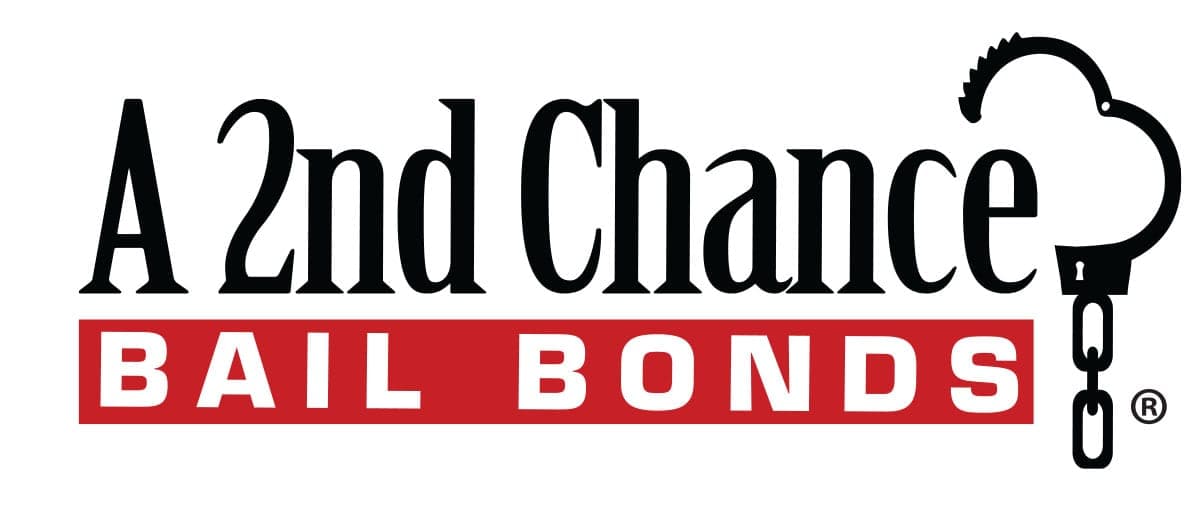
The answer isn’t simple. According to one Forbes article, courts today are more willing than ever to admit social media content as a form of evidence both for and against defendants. There are millions of examples where social media posts foil a plaintiff’s claims. The article describes one plaintiff who complained of severe physical and mental pain following an accident. The defendants discovered post-accident photos posted to her Facebook account that showed that she was feeling well enough to engage in vigorous daily activities like going to the gym, and she seemed to be fully enjoying life. The court then ordered the plaintiff to provide her Facebook login in order to gather further evidence.
The bottom line is that parties involved in a lawsuit should never assume that anything shared online, either publicly or privately, is confidential. In fact, attorneys routinely make use of social media to discover as much as possible about their cases before they start.
This can be problematic, however, when the evidence is suspect in quality or was gained improperly. According to the American Bar Association (ABA), while courts have consistently held that social media accounts are subject to established discovery principles, they’re reluctant to allow parties to rummage through private social media accounts.
Some police departments have a policy that officers only look at social items that are publicly available. Any videos, photographs, and other information that are easily available to anyone with a browser are essentially “in plain view” and thereby do not require a search warrant.
Things get murkier when a police officer attempts to access a private Facebook page, for example, or assumes another user’s profile to get access to a suspect’s information. Some believe that these activities should require a warrant under the Fourth Amendment.
Further, investigations can be hampered when officers are trying to sift through bad evidence. For example, how do you know if the evidence is authentic or has been fabricated? Are screenshots genuine or altered? And how do you know if the account truly belongs to the defendant and who exactly is posting from an account?
Most agree that social media can be enormously helpful in a criminal investigation, but they must be used properly.
A 2nd Chance Bail Bonds is committed to helping your clients get to court so that their cases can be heard fairly and they have a shot at their 2nd chance. Call on our dedicated staff for professional assistance at any time, 24/7.






